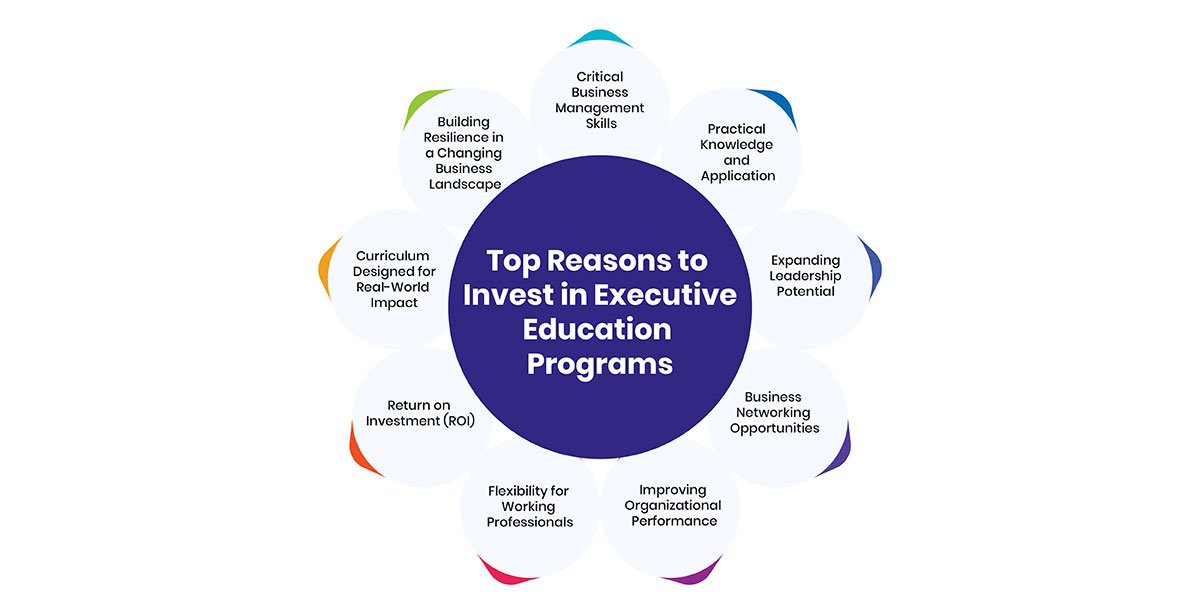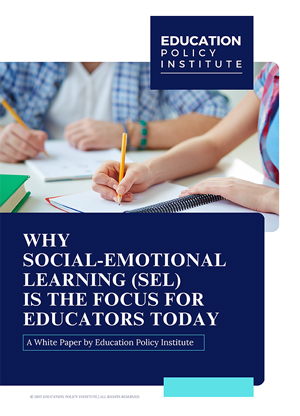In today’s dynamic business environment, advancing to a leadership role or maintaining success as a business head requires a commitment to continuous learning. Executive education programs offer an invaluable opportunity for professionals to enhance their skills, broaden their perspectives, and navigate the complexities of an interconnected marketplace. By providing a practical curriculum that emphasizes real-world application, these programs empower leaders to make informed decisions and engage effectively with their teams.
These programs delve into essential business disciplines such as finance, marketing, and innovation. While some may worry about the time investment required, the insights gained from executive education are vital for fostering collaboration and driving organizational success. Ultimately, these programs equip leaders with the tools and knowledge necessary to thrive in an ever-evolving business landscape.
What Makes an Executive Education Program Worthwhile?
An executive education program offers valuable opportunities for business professionals to enhance their skill sets, gain current industry knowledge, and achieve strategic career growth. These programs are designed to refine the leadership skills and business acumen of participants, providing them with up-to-date insights into modern business technologies, management techniques, and industry-specific trends. For professionals aiming to advance in their careers, executive education serves as a stepping stone to higher roles and increased responsibilities, making it an ideal choice for those who aspire to take on leadership positions.
The benefits of executive education extend beyond personal growth; they also translate into tangible outcomes for the companies that invest in their talent. Participants emerge with a broader understanding of global business practices and are equipped to make well-informed decisions, drive innovation, and build a collaborative work environment. This kind of training helps professionals to not only brush up on existing knowledge but also acquire new, relevant skills that are critical in today’s fast-paced business world. It’s particularly useful for those looking to bridge the gap between theory and practice by directly applying their learning to real-world challenges faced by their organizations.
Moreover, an executive education program can be instrumental in building a strong professional portfolio. The credentials earned through such programs can set a candidate apart in a competitive job market, demonstrating a commitment to continuous learning and professional development. For business leaders, investing in these programs can ensure that their teams are equipped with the strategies needed for personal growth and long-term organizational success, making executive education a truly valuable endeavor.
Why Choose Executive Education for Professional Growth?
Executive education programs provide a wide array of advantages specifically designed for professionals aiming to sharpen their skills and organizations pursuing strategic advancement. These programs blend theoretical concepts with practical applications, making them well-suited for emerging leaders and individuals seeking to broaden their expertise while balancing their ongoing careers. Below are key aspects that make these programs particularly valuable:

-
Critical Business Management Skills
Executive education equips participants with advanced industry-specific management skills that are crucial for making strategic decisions. Beyond just specialized knowledge, these programs help professionals develop a broader skill set that enables them to operate effectively across various functions within a company. This can be especially advantageous for those looking to diversify their career options or transition into new roles. The ability to integrate new strategies and competencies can be a game-changer in the competitive business environment. -
Practical Knowledge and Application
One of the most significant advantages of executive education is its focus on practical application. Courses are designed to address on-the-ground challenges faced by organizations, providing refined strategies and solutions. Participants learn through case studies, which allows them to analyze and implement successful business practices in their own work environments. This practical learning ensures that knowledge gained from the program is directly applicable, leading to immediate improvements in business operations. -
Expanding Leadership Potential
These programs also provide opportunities to refine leadership styles, focusing on self-assessment and reflection. Participants can identify their strengths and areas of improvement, which enables them to adopt better leadership practices. This self-awareness is crucial for those aiming for higher management roles, as it allows them to adapt their approach to meet the evolving needs of their organizations. By mastering these skills, professionals become better equipped to handle leadership roles that require adaptability and strategic thinking. -
Business Networking Opportunities
Networking is a key component of executive education. Participants get to engage with peers from diverse industries, as well as interact with industry leaders and experts. This networking is not just about exchanging contacts but includes deep discussions and sharing insights on common challenges and opportunities. The connections made during such programs can lead to long-term collaborations, partnerships, or even mentorship opportunities, thereby creating a robust support system for future professional growth. -
Improving Organizational Performance
Professionals who undergo executive education often contribute to enhancing their organization’s performance by bringing fresh perspectives and innovative strategies. Whether it involves expanding into new markets or optimizing internal processes, these programs provide the tools needed to meet strategic business goals. By integrating best practices and advanced knowledge into their companies, participants can directly influence positive change and drive growth. -
Flexibility for Working Professionals
Executive education is specifically designed to accommodate working professionals, allowing them to balance their career commitments with their educational pursuits. This makes it possible to enhance one’s qualifications without needing to take a career break. The structure of these programs, which often includes weekend classes or online modules, makes them ideal for professionals looking to gain new credentials while maintaining their current job roles. -
Return on Investment (ROI)
Investing in executive education often leads to significant returns for both individuals and organizations. Participants gain skills that make them more competitive in the job market, potentially leading to higher salaries or promotions. For organizations, having employees who are trained in the latest business strategies means a higher likelihood of meeting strategic objectives. This makes executive education a valuable investment that yields long-term benefits. -
Curriculum Designed for Real-World Impact
Executive education programs are not limited to a one-size-fits-all approach. They are often customized to address specific challenges that a company or industry faces. This targeted training ensures that participants acquire knowledge relevant to their current roles and the market's demands. Additionally, the small class sizes often seen in these programs promote active participation and cultivate a richer learning experience, making it easier to absorb and apply new concepts. -
Building Resilience in a Changing Business Landscape
As businesses undergo rapid technological changes, staying updated with the latest trends is crucial. Executive education ensures that participants are well-versed in emerging technologies, such as AI and digital transformation, which can have a profound impact on their organizations. This knowledge prepares professionals to drive digital initiatives and adapt to changes, making them valuable assets in a constantly evolving market.
By combining theory with practical learning, offering networking opportunities, and fostering leadership growth, executive education programs provide a holistic approach to professional development. Whether for career advancement, skill enhancement, or organizational growth, the benefits of these programs make them a worthwhile investment for business professionals aiming to stay ahead in the competitive world of business.
Conclusion
Executive education programs represent a vital resource for professionals and organizations alike, offering comprehensive pathways to skill enhancement and strategic growth. These programs empower participants to tackle contemporary challenges with confidence and innovation. The blend of practical knowledge, leadership development, and networking opportunities not only enriches individual careers but also strengthens the overall performance of businesses. As industries continue to evolve, investing in executive education emerges as a strategic choice for those looking to thrive in an increasingly competitive landscape. Ultimately, the commitment to lifelong learning through these programs positions both professionals and their organizations for sustained success.
Latest
Trends blogs
- From Vision to Impact: Closing the Gender Gap in STEM Education
- Automation, Artificial Intelligence, and the Future of Human-Centered Education
- Mid-Career Education in a Changing Labor Market
- The Next Phase of STEM Education: The Role of Artificial Intelligence in Classroom Curricula
Focus blogs
- Research-Driven Education: Strengthening Strategies, Policies, and Classroom Practice
- Professional Certifications for Career Growth: What Students and Young Professionals Need to Know
- Building a High-Impact Center of Excellence: What You Need to Know
- Beyond Graduation: The Importance of Lifelong Learning in Higher Education





